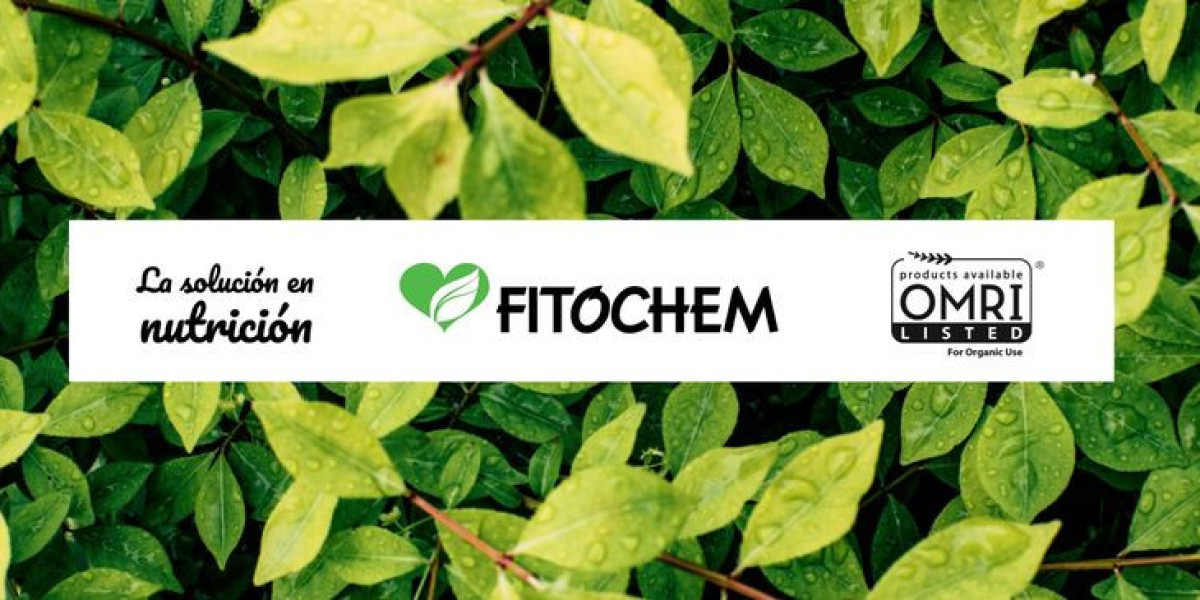When it comes to gardening, one of the most crucial decisions you'll make is choosing the right type of fertilizer for your plants. Fertilizers provide essential nutrients to your soil, enhancing plant growth and overall health. However, the debate between organic and chemical fertilizers has become increasingly significant due to environmental concerns and the desire for more sustainable gardening practices.
Chemical fertilizers, also known as synthetic or inorganic fertilizers, are manufactured using synthetic materials. They are designed to provide a quick nutrient boost to plants and are easily accessible in most garden centers. The main advantage of chemical fertilizers is their rapid effect on plant growth. They are precisely formulated to contain essential nutrients such as nitrogen, phosphorus, and potassium in specific ratios, which can lead to impressive results in the short term.
On the other hand, organic fertilizers are derived from natural sources, such as plant and animal waste, compost, and minerals. They work in harmony with the soil's natural processes and provide a slower release of nutrients over time. Organic fertilizers are rich in organic matter, like fulvic acid, which improves soil structure and water retention and promotes beneficial microbial activity in the soil.
One of the significant benefits of using organic fertilizers is their positive impact on the environment. Chemical fertilizers, when used excessively, can leach into water bodies, causing pollution and harming aquatic life. In contrast, organic fertilizers are biodegradable and pose little risk of environmental damage. Moreover, by using organic biostimulants, such as seaweed extracts or microbial solutions, gardeners can enhance plant growth, increase resistance to pests and diseases, and improve nutrient uptake efficiency.
Another advantage of organic fertilizers and organic biostimulants is their ability to promote long-term soil health. Chemical fertilizers may provide immediate results, but they often lead to a decline in soil fertility over time. Continuous use of synthetic fertilizers can disrupt the natural balance of the soil ecosystem, making plants dependent on external inputs. Organic fertilizers, on the other hand, enrich the soil with organic matter, which fosters a healthier soil structure and improves nutrient retention, ensuring sustainable plant growth.
In conclusion, the choice between organic and chemical fertilizers depends on your gardening goals and environmental values. Chemical fertilizers may offer quick results, but they can negatively impact the environment and soil health in the long run. Consider your garden's needs with Fitochem to nurture your plants to a healthier planet for future generations. They provide organic plant and animal nutrition with the quality and service you can rely on.
To know more, visit the website: https://en.fitochem.com/



